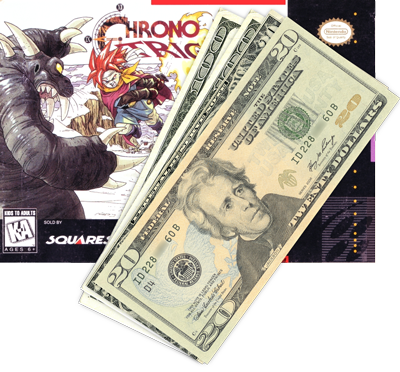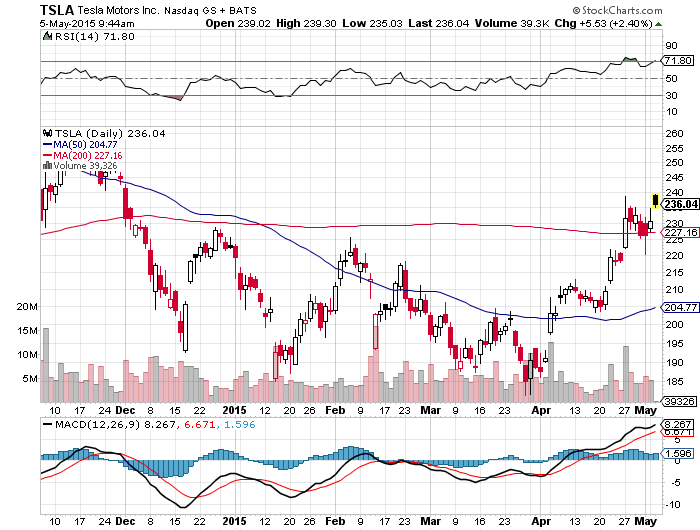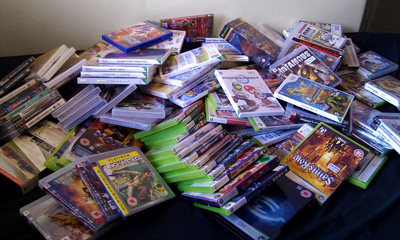

Image assets: Wikipedia
How many collectors do you know that started a huge collection and lost interest? Maybe it all happened in a moment – they stood at checkout in a game store, and suddenly realized that the copy of Chrono Trigger wasn’t worth the stack of twenties in their pocket, then walked away. Or maybe collecting slowly took a back seat to other hobbies and interests. One thing lapsed collectors often have in common: they weren’t collecting what they liked.
Take a moment. Evaluate your collecting habits. Do certain games interest you just because they’re valuable? SNES RPGs like Chrono Trigger are popular and expensive, and it would definitely look good on your shelf. But do you personally care about it? Is it something you’ll play, or something that has meaning for you? Is it the subject of cherished childhood memories? Or is it just a trophy for your shelf?
Gaming as an investment

Cheap today, gold tomorrow?
Image: Hugues Johnson
Right now, nobody is buying games for the 3DO or Atari Lynx. That might possibly mean that the prices will skyrocket in the next few years, if they get more popular. Does that make them a great buying opportunity?
Maybe… but probably not. Nobody knows where the market is going. Maybe game collecting is a fad that will disappear in the next few years. Maybe the 3DO will suddenly be the subject of a huge homebrew scene because someone finds a simple-to-use development kit and releases it. It’s impossible to say. If your gamble doesn’t pay off, you’re left with a collection of games that you don’t care about that are worth nothing.

Yes, this kind.
If you want to make money by buying things you don’t care about, invest in stocks.
Enjoyment Tied to Value?
In this blog series, I compare game collecting to coin collecting. There are a lot of similarities, but coin collecting is much more popular, and much older. We can learn lessons from the way that market has changed in the past few decades. One question coin collectors will ask themselves before buying a piece is: “Would I still like this if it lost most its value?”
That’s an important question. The wrong answer often leads to regret and disappointment in the future. Buying something that you truly like is a value at whatever price it may be. Just make sure that you’re getting $20 of enjoyment out of a $20 game, and $200 of enjoyment out of a $200 game. Assume that you’ll never sell it, and the money you spent is gone forever. Is it still worth it? If so, you’re likely making a smart purchase.

Your average collection will lose money.
Image: Esmeralda Portillo
Don’t Be Average
Another rule of thumb is that you your purchases lose 50% of their value when you sell – regardless of the market. An average coin collector, with an average collection, will never see the full amount they put into it again. There are a few avoidable reasons for that, like transaction fees, buying junk, and not having anything truly rare. Following my posts will help to put you in a better position, but it’s still not a guarantee that you’ll make money. Don’t be average.
Finding and keeping passion
What kind of games do you like so much that you find yourself compelled to buy whenever you see them? It could be obscure Japanese games, or games with beautiful box art that you’ll buy even if the game is no good. Whatever it is, make a list. Do your research, check prices, and compile that all in a spreadsheet, or just on paper. Because you have a list, you’re more likely to stick to your goal. When you’re done checking all the boxes, you’ll find yourself with a great collection that you can be truly proud of.
